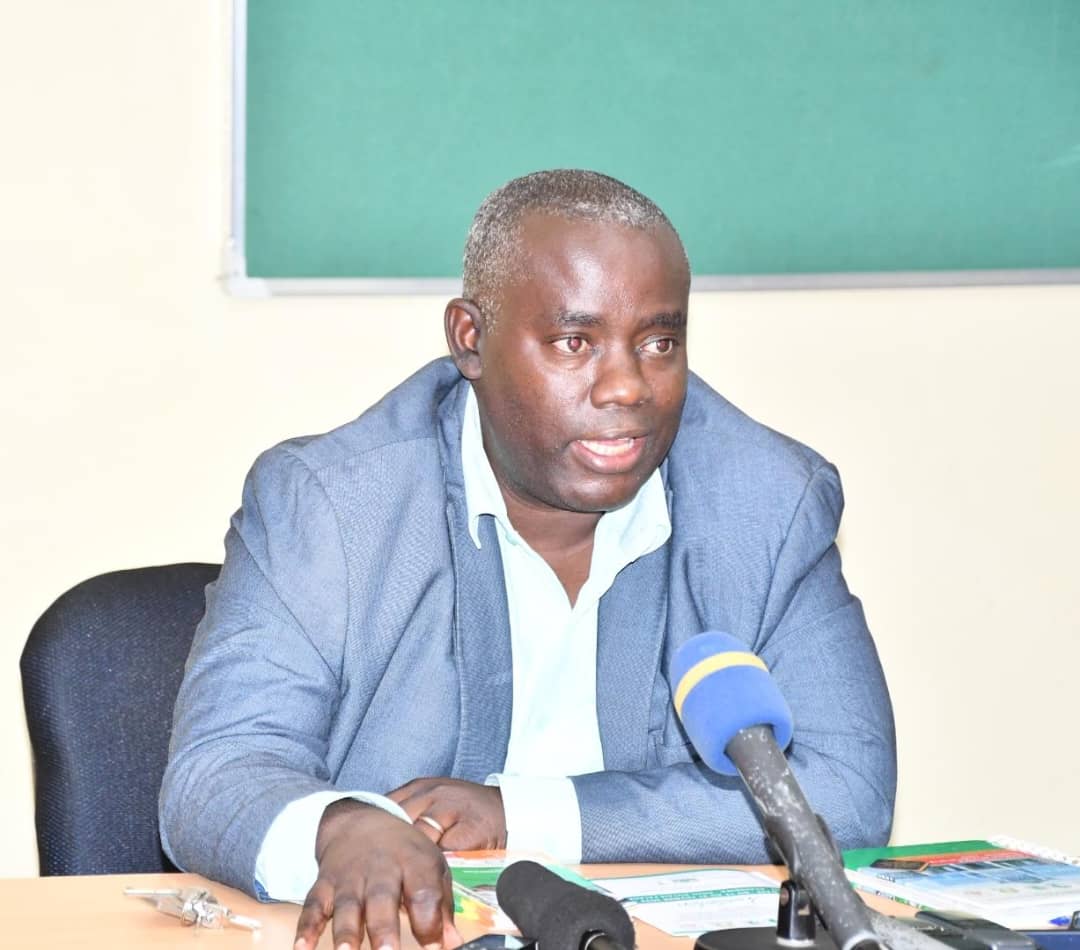BUJUMBURA, February 17th (ABP) – The Sub-Regional Center of Excellence in Nutrition Sciences (EANSI), in collaboration with the BBN and the Federal Chamber of Commerce and Industry of Burundi (CFCIB), organized on Thursday, February 13, 2025 in Bujumbura, a media workshop to provide in-depth training on good practices in media coverage and editing; and publication in particular in the context of standards and quality control in the agri-food, hotel and catering sectors. This activity was organized as part of the preparations for the awareness-raising workshop for stakeholders in the above-mentioned sectors on compliance with standards and quality control of food products, which will take place from February 19 to 21, 2025 in Bujumbura.
The coordinator of the PA-EANSI project, Prof. Mélance Ntunzwenimana, said that EANSI’s vision is to develop human resources capable of combating malnutrition in the countries of the East African Community.
On the same occasion, he mentioned that the agri-food, hotel and catering sectors play an essential role in the economic and social development of Burundi.
The production of healthy and quality food, as well as the provision of impeccable hotel and catering services, is a priority to guarantee the health safety of consumers and contribute to sustainable business growth. In this context, compliance with quality standards becomes essential to strengthen the competitiveness and safety of food, in order to increase consumer confidence.
However, the effective implementation of these standards requires a better mastery of the fundamental principles of management and quality control. For this reason, EANSI has taken the initiative to support the BBN in all aspects of capacity building, especially for manufacturers so that they produce products that meet the standards.
He invited media professionals to be vigilant when advertising the industrial products they make. He insisted on asking whether the BBN has certified the products of these manufacturers before advertising them.
In his presentation, the professor at the University of Burundi and trainer at EANSI, Paterne Nahimana indicated that Burundi, as a developing country, faces multiple challenges in terms of quality and food safety. Non-compliance with quality standards, inaccessibility and unavailability of standards in the agri-food sector exposes the population to health risks, including food poisoning and food-borne diseases that have a direct impact on both the companies themselves and the economy and public health.

According to Mr. Nahimana, the challenges that haunt the agri-food, hotel and catering sectors include the lack of strengthening the culture of compliance with good practices for a quality control and management system, the problem of effectiveness of compliance control systems with standards applicable to the agri-food, hotel and catering sectors in Burundi. There are also non-patented and scientifically invalidated processing technologies, non-compliance of products with standards and sanctions, lack of traceability and transparency, declining consumer confidence, limited access to international markets, insufficient opportunities for financing, partnerships and foreign direct investment (FDI).
The lack of awareness, training of actors in the agri-food, hotel and community catering sectors, the insufficiency of studies on the sectors that are more likely to generate employment and income are also challenges that handicap these sectors.
The workshop from February 19 to 21, 2025 aimed to contribute to the promotion of compliance with quality standards in the agri-food, hotel and collective catering sectors in Burundi.
During the workshop, experts and practitioners will share their knowledge. It will be an opportunity to discuss the specific challenges encountered and will serve as a guide in the certification process in order to achieve the goals of the national vision of Burundi, an emerging country by 2040 and a developed country in 2060.
Note that EANSI has a laboratory that can detect the presence of microbes, pesticides, the amount of alcohol, the vitamin content of foods and others.

